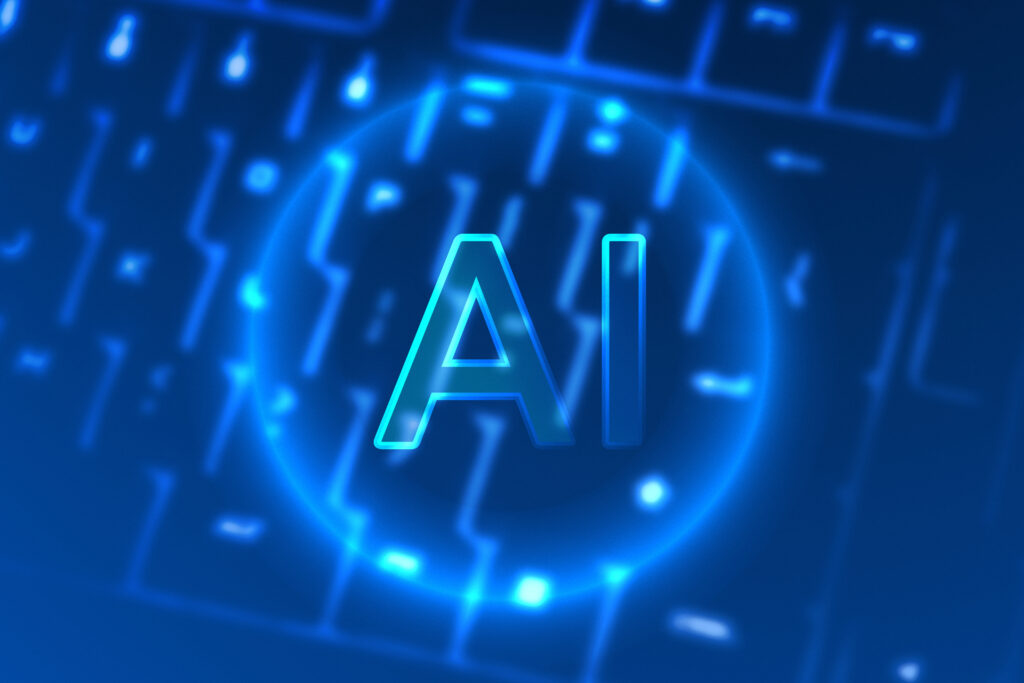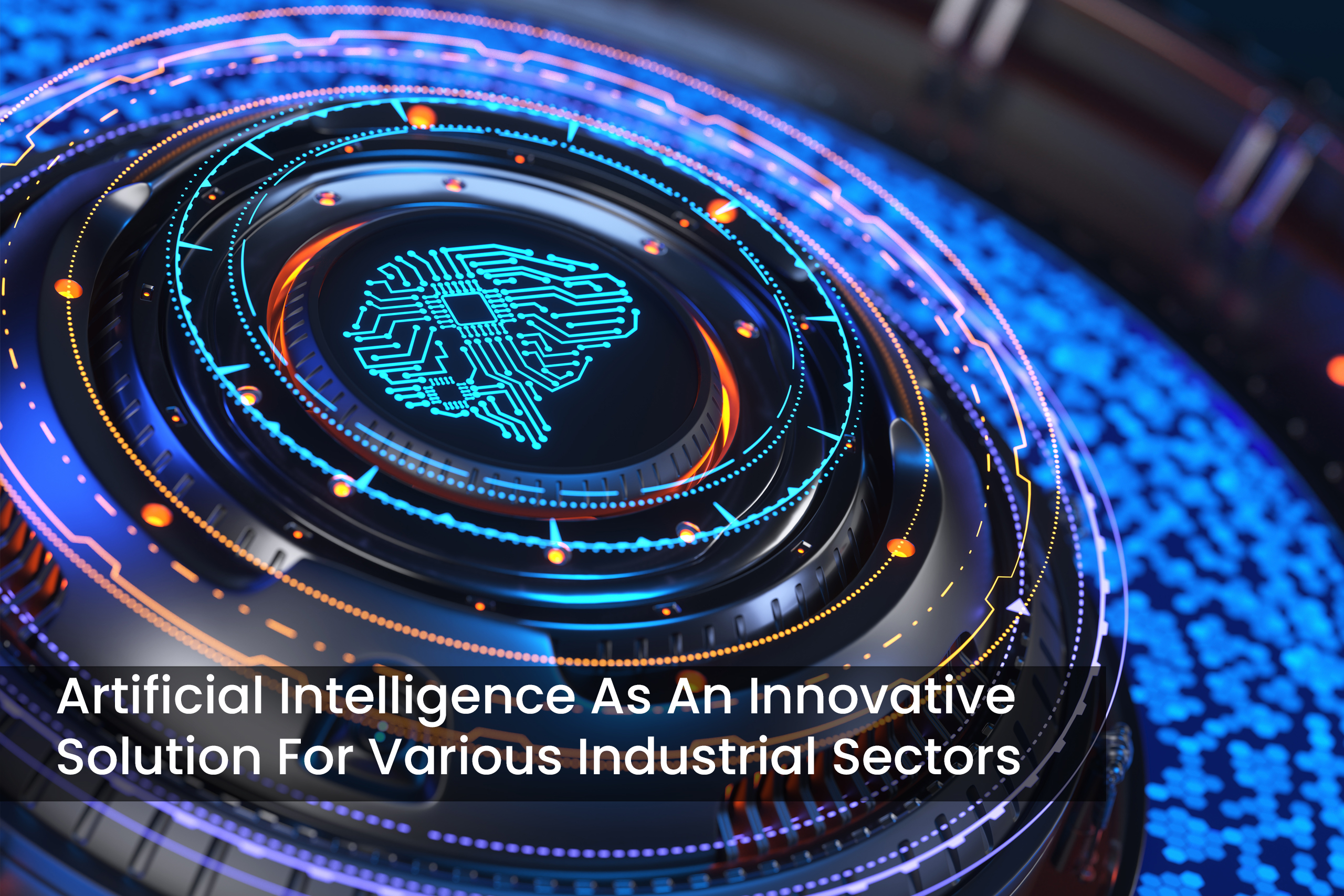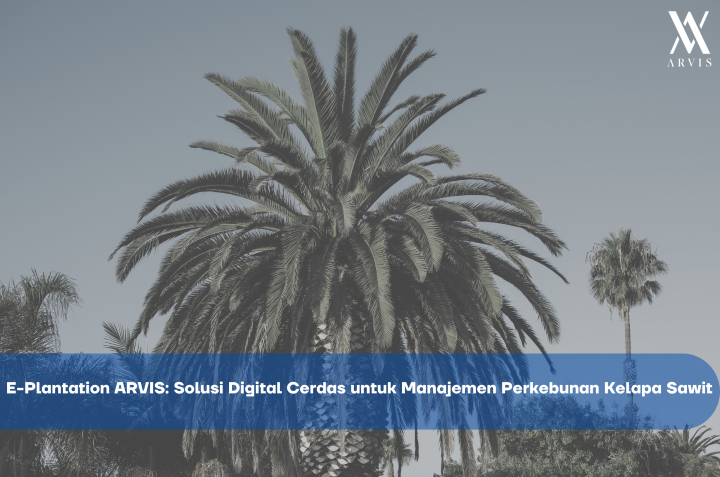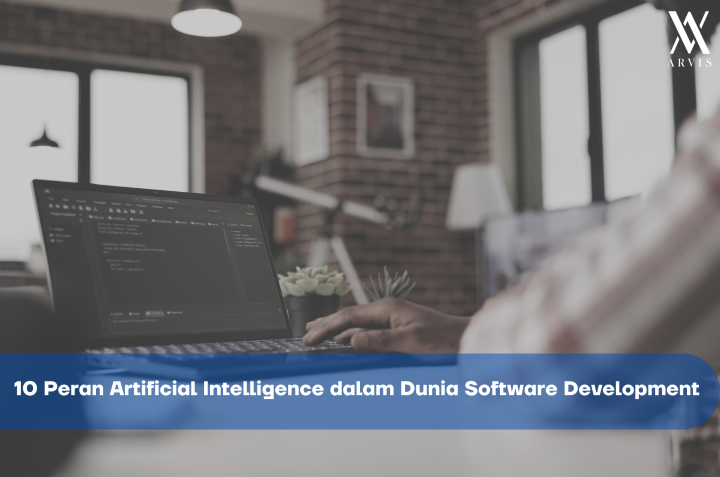Artificial Intelligence (AI) is the driver of the industrial revolution that promises many conveniences for several industrial sectors. Internet of Things (IoT) and big data, for example, where AI can implement, technology that has been widely adopted can connect every device, one can automate all devices without having to be on location, more than that. AI is an artificial intelligence system embedded into technology to perform various tasks and solve problems, resulting in more complex and varied solutions.
By utilising and combining the sophistication of AI technology, all need to support operational work in the industrial sector to become efficient and effective. Implementing this advanced technology will allow you to reap great benefits. In today’s era of rapid technological advancement, many companies and businesses have taken advantage of it. As is the case when I try to contact customer service on an e-commerce application, I am greeted by an automated message service which is then forwarded to a sales representative. This automation system helps me feel served fast and well as a customer.

The following are the benefits and advantages of implementing AI technology in the industries and sectors:
Education
The combined innovation of Machine Learning (ML) and Artificial Intelligence (AI) is a key driver of growth and innovation in the education sector. AI can help students and teachers achieve learning goals by simplifying the learning process. Facilitate access to the right courses, and improve visualisation, creativity and communication between students and teachers. AI can be a solution for students in improving efficient and educative ways of learning. The development of AI technology from online textbooks to distance learning is instrumental in helping students and teachers optimise and automate teaching and learning tasks. As the AI industry evolves and innovation is at the forefront, we will see improved learning outcomes for all students and educators.
Business Intelligence
Increased efficiency and productivity are the main benefits when implementing AI technology in enterprises. This technology provides a solution to cutting down the task process at a speed and scale that humans can’t match. The resulting effectiveness allows companies to minimise costs incurred in ordinary operational processes. With AI, companies can increase human resources to carry out higher tasks that technology cannot. Another benefit of implementing AI technology is the reduction of errors and stronger compliance with established company operating standards. The use of AI in repetitive work processes, tidying up company documentation, financial analysis reports, and others carried out by employees prone to this error will be overcome with the application of AI.
Manufacturing
Technology Solutions for the manufacturing sector most needed is operational monitoring. The combined application of IoT and AI can enhance more conventional preventive maintenance approaches by predicting when plant equipment needs repair. With this approach, IoT or other network sensors installed on factory machines collect various kinds of data. Typically, this information includes engine vibration, noise, and temperature and includes engine lubrication or differential pressure of engine hydraulic fluids. AI algorithms, trained on maintenance and operational information collected by network sensors, can predict when machines will fail or need maintenance. This solution can increase the effectiveness of preventive maintenance schemes and minimise costs by reducing downtime and the number of inspections required.
Cyber Security
Artificial intelligence in cybersecurity is beneficial because it improves how security experts analyse, study, and understand cybercrime. AI is a solution to improving digital security where along with technological developments, many crimes in cyberspace are getting higher. AI technology seeks to simulate human intelligence. which is a huge potential in cybersecurity. If properly utilised, AI Systems can train to generate warnings against threats, identify new types of malware, and protect sensitive data for various sectors of the company’s industry. We know that a lot of work activity takes place in corporate networks. The average medium-sized company itself has a large amount of traffic. That means there is a lot of data being transferred between customers and businesses every day. Data accessed within the company requires security protection from criminal acts of people and malicious software. Implementing AI in cybersecurity can be the best solution to help detect threats to unauthorised access to company data and protect work traffic related to data transfers that occur within the company.
Healthcare
As technology improves, algorithms, access to data, and even better connectivity such as 5G open up great opportunities for applying AI Technology in industries that are very important to our lives. The COVID-19 pandemic requires us to adapt very quickly, especially in the healthcare industry, which needs to innovate and requires fast clinical decisions. All subsets of AI can drive clinical decision making for clinicians and staff, among other benefits. Algorithms for analyzing data sets are central to the use of AI in the healthcare sector. AI algorithms can learn from a wider library. Doctors can focus on treatment rather than analyzing data. As COVID-19 disrupts the world, AI uses machine learning to make discoveries and build better vaccines from datasets that AI algorithms have studied.
Cloud Computing
Artificial intelligence (AI) helps automate routine activities in IT infrastructure, which can increase more efficient work, while an expansive network hosts large amounts of data while continuously learning and growing. AI can derive insights from data sets and analyse them without human intervention, reducing process performance with AI algorithms working on them. The great thing is that AI in Cloud Computing can identify patterns and trends in very large data set up to millions of data to be analysed. This process uses historical data and compares it to the most recent data, which will feed the intelligent IT team well-informed and supported by data. In addition, AI tools can perform data analysis quickly so that companies can quickly and efficiently answer customer questions and problems. Valuable observations and suggestions derived from AI capabilities lead to faster and more accurate results. Likewise, application developers can democratise access to analytics on Amazon Web Services to provide personalised recommendations in real-time. So that you can increase agility, run your business more efficiently, and provide a better experience for customers by moving data to the cloud.
Retail
Artificial Intelligence (AI) has started to revolutionise the retail industry. AI-powered solutions help companies optimise their business processes, increase customer satisfaction, increase sales and maximise revenue. What is becoming more common in the retail industry is that stores don’t need to hire human cashiers anymore. You can start shopping and then put your purchases in your cart feature. When you take something off the shelf, AI technology will record it. After you are sure and want to pay for your purchases, AI will automatically deduct the costs directly from your account when you leave the store. Then the sophistication of the service Chatbots can learn from the previous dialogues they have with each customer and personalise their communication strategy for each person so that this automated message service can quickly reply to messages and provide the information customers need.




